How One Graduate’s Path Is Lighting a Vision to educate the Next Generation
In a small village near Noepe, Togo, Christian Adzogenu kneels beside a group of uniformed schoolchildren, their notebooks spread across a shared desk built from salvaged wood. “God really changed my heart to help children have a better education — to become what God would want them to become,” he says quietly.
What began as a personal conviction has grown into Mokpokpo, a modest but transformative initiative supported by Youth With A Mission (YWAM) Togo. The school provides the only nearby classroom access for children who once had to walk six kilometres each way to attend classes in Noepe — a journey most could not sustain.
Christian Adzogenu’s path mirrors the very story he now champions. “When I graduated, I got involved in YWAM. God really changed my experience… He put it on my heart to help other children to become what God would want them to become,” he recalls.
His mentor, Joseph Ouedraogo, a missionary originally from Burkina Faso, explains the impact of Christian’s journey: “Christian graduated from Mokpokpo — our school — and also from our Discipleship Training School. He went through our elementary and secondary programs, and he’s really flourishing… God’s called him to the spheres of society, and he has a heart to see that the children also have the same opportunity as he is having today.”
Mentors Make a Difference
Across Togo, stories like Christian’s remain rare. While the gross primary enrolment rate is technically over 100 percent — nearly universal school access — the country still faces serious retention and quality gaps. According to UNESCO IICBA, primary completion stands at about 87 percent for girls and 91 percent for boys (2022), yet the transition to lower secondary drops sharply to 77 percent. The reasons are complex: poverty, early labour migration, teenage pregnancy, and distance from schools.
Ouedraogo paints the human picture behind these numbers: “From this village to the next town, which is Noepe itself, it’s about six kilometers. So imagine a child walking home back and forth going to Noepe! Not all of them can. Without school, there would be hopelessness for these children. Some of them may end up becoming drug addicts or street kids. If a child has no education, it’s very dangerous for society itself.”
That six-kilometre walk represents more than geography; it’s the gulf between potential and poverty. In rural Togo, one in five children still leaves school before finishing primary, often to help on family farms or work informally across the border in Ghana. Gaston Omanti, headmaster of a local secondary school, sees the ripple effect: “It is very encouraging for us to see even Christian himself coming to initiate that project, because he had that passion, that desire to see the kids from the village have a good education. I really thank God for his life.” Yet Omanti also warns that enthusiasm alone cannot sustain change. “Without resources — books, chairs, teachers — our passion meets its limit,” he admits. The challenge, echoed nationwide, is one of quality. Under-funding leaves classrooms overcrowded; Togo spends about USD 297 per primary student per year, roughly 47 percent below the Sub-Saharan Africa average.
A Faithful Investment into the Lives of Others
For Adzogenu, faith is not an abstract motivator but a daily practice. “I want to see all the children grow with the fear of God. I help children through education — mobilizing people to donate so I can buy uniforms, boots, bags, even pay school fees,” he explains. It’s a small ecosystem of generosity: neighbours give coins; missionaries send supplies; international donors step in through YWAM partnerships. The impact, Ouedraogo says, is tangible: “Those kids that go to school get education, and they’re able to help their parents, provide for their families, and get a better life.”
Togo’s youth literacy rate has climbed to 88 percent, reflecting gains in basic education access. Yet adult literacy remains at 67 percent, signalling that inter-generational poverty still shadows progress. Girls, particularly from the poorest quintile, remain at higher risk of dropping out between primary and secondary school. UNICEF notes that girls’ promotion rates trail boys by about 3.5 percentage points by the end of primary, often due to domestic labour burdens and early marriage. Each percentage point represents thousands of lost dreams — dreams that Mokpokpo aims to reclaim. As Christian tells it, “I talk to friends and share with them how the situation of a student in West Africa, especially in Togo, needs help.” In his voice, advocacy blends with action; storytelling becomes both a survival tool and a fundraising mechanism.
At its core, Mokpokpo embodies the ethos that education is not just a policy goal — it’s a spiritual mandate and a social safeguard. In communities where dropout can mean destitution, the school is more than a classroom: it’s a promise. Christian and Joseph now plan to expand the initiative, building new classrooms and training more teachers. They dream of introducing vocational tracks for older students and a mobile library that will travel to the most isolated villages. “If a child has no education, it’s dangerous for the society itself,” Ouedraogo’s earlier words echo. In Togo’s unfolding story, Mokpokpo stands as both caution and hope — proof that one graduate’s faith can become a nation’s seedbed for change.
Additional Sources
- UNESCO IICBA (2022): Primary school completion – girls 87 %, boys 91 %.
- EPDC (2018): Transition to lower secondary 77 %.
- GPE KIX (2023): Rural dropout due to economic migration.
- Broken Chalk (2024): Education expenditure USD 297 per child ≈ 47 % below SSA avg.
- TheGlobalEconomy.com (2019): Youth literacy 88 %.
- TheGlobalEconomy.com (2019): Adult literacy 67 %.
- GPE KIX (2023): Girls in poorest quintile face highest secondary dropout.
- UNICEF (2022): Promotion rate gap ≈ 3.5 pp.


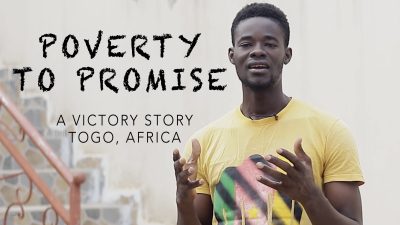
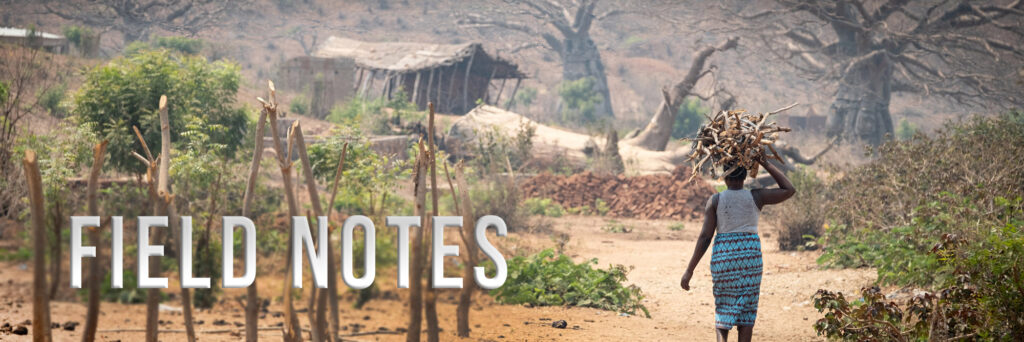

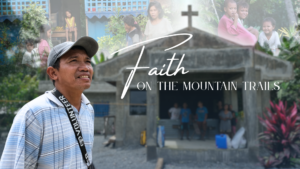

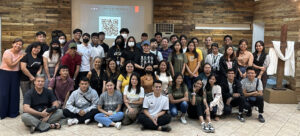
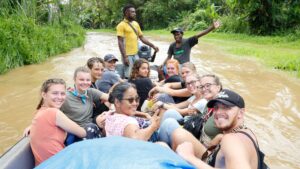
Let us stand UP for the next generation